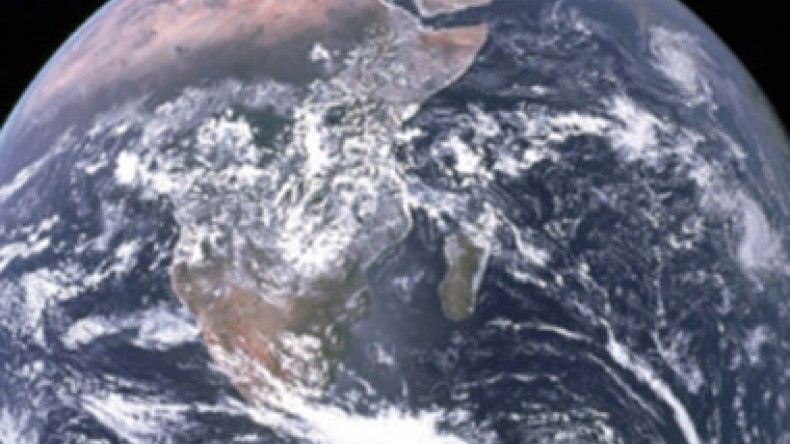
Stop global warming now! Venice, Hong Kong, St. Petersburg to sink by end of century
Mankind can say goodbye to the Maldives. Current sea level rise is a consequence of the already observed climate warming. According to the report of the World Wildlife Fund (WWF), as a result of this, by the end of the 21st century, global average sea level rise will be one meter. Many areas will be flooded. And if appropriate measures are not taken, the process of sea level rise will continue and Hong Kong, Calcutta, Venice and St. Petersburg will go under the water, the Voice of Russia said.
In the third millennium, mean sea level can rise by 5 or even by 10 meters compared to the current one. It is clear that the figures for such a distant time are approximate. But as far as the near future is concerned, everything is more or less clear. By the end of the 21st century the water is sure to rise by 1 meter. There is nothing to do about it. But if the climate warming is not stopped, by the end of the 22nd century, mean sea level rise will be three meters. This is very serious, but it completely depends on human activities, head of the climate program of the WWF of Russia Alexei Kokorin emphasizes:
"Even a10-meter rise of mean sea level cannot scare mankind as a whole. But there are areas, towns, small islands and coral atolls on the planet, which will be doomed to disappear from the face of the earth in case of a one meter sea level rise. Unfortunately, Maldives cannot survive, despite all our efforts. A large number of low-lying cities, mainly in Southeast Asia, for example, Calcutta, Bangkok, Shanghai and Hong Kong are sensitive to water level rise. One meter rise is already very bad for them, and when the rise is three meters, it is the utter Deluge. For Russia's St. Petersburg, a one meter sea level rise is not scary, but a three meters rise will require heavy investments in protective constructions."
The WWF believes that large losses can be avoided, if today, the whole world transfers to the "green energy", reduces harmful emissions into the atmosphere, or stops the global warming by other means.
However, not all the experts are so unconditionally sure that it is human activity that causes the observed climate warming on the Earth. There are not enough data for such conclusions, leading expert of the Fobos weather center Elena Volosyuk says:
"It is not entirely correct to build the reasoning about the increase of the planetary temperature basing only on the data of the last 50 years, because this way or another, the temperature regime fluctuates at any given time segment: during the day, and during the annual cycle, and so on. If the tendency towards the temperature increase observed over the last decades continues, there will be some shift of climatic zones and mean sea level rise. But everything is not so simple. The air temperature increase may be accompanied by melting of glaciers. This, in turn, will change the salinity of the water, and that means that the freezing temperature of the water of the World Ocean will change. And this, again, is connected with the temperature of the earth's surface on a planetary scale."
Earlier, speaking at a Conference on climate change in Warsaw, UN Secretary General Ban Ki-moon noted that the current generation was taking the air with record concentration of carbon dioxide in the atmosphere, and that today, the highest rates of glaciers’ melting were observed. He called on the countries to pay greater attention to ecology and not to allow the rising of the air temperature by more than two degrees Celsius as compared with the pre-industrial level of development.
Newsfeed
Videos






























